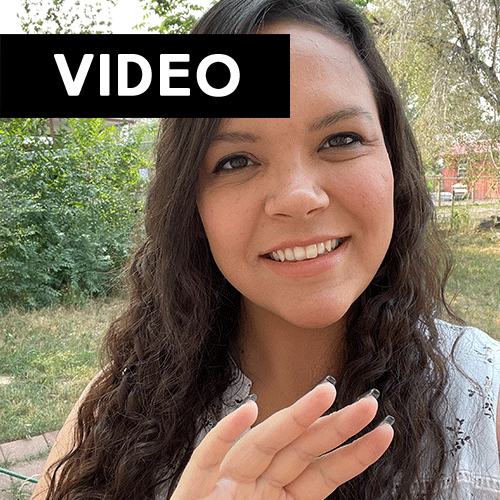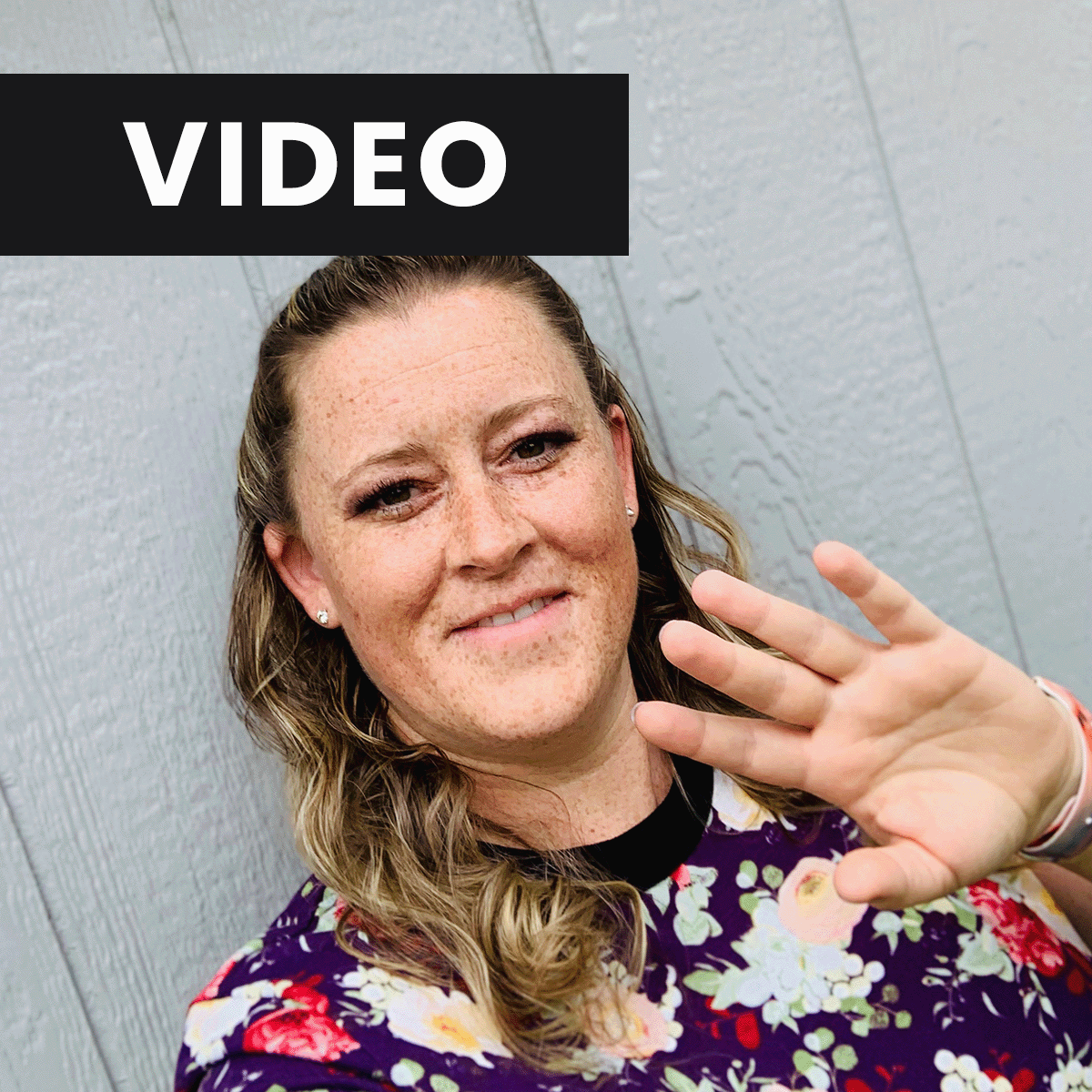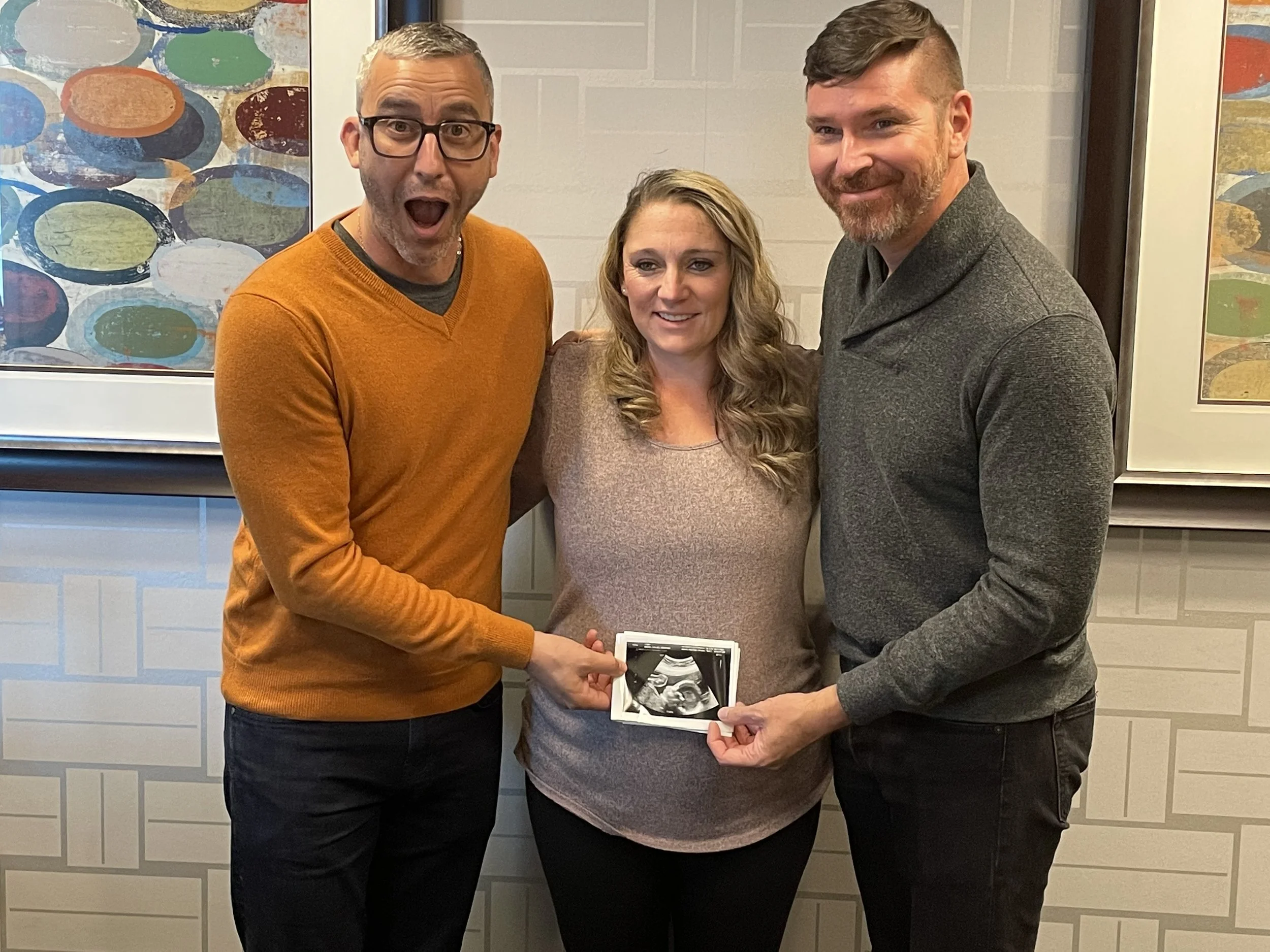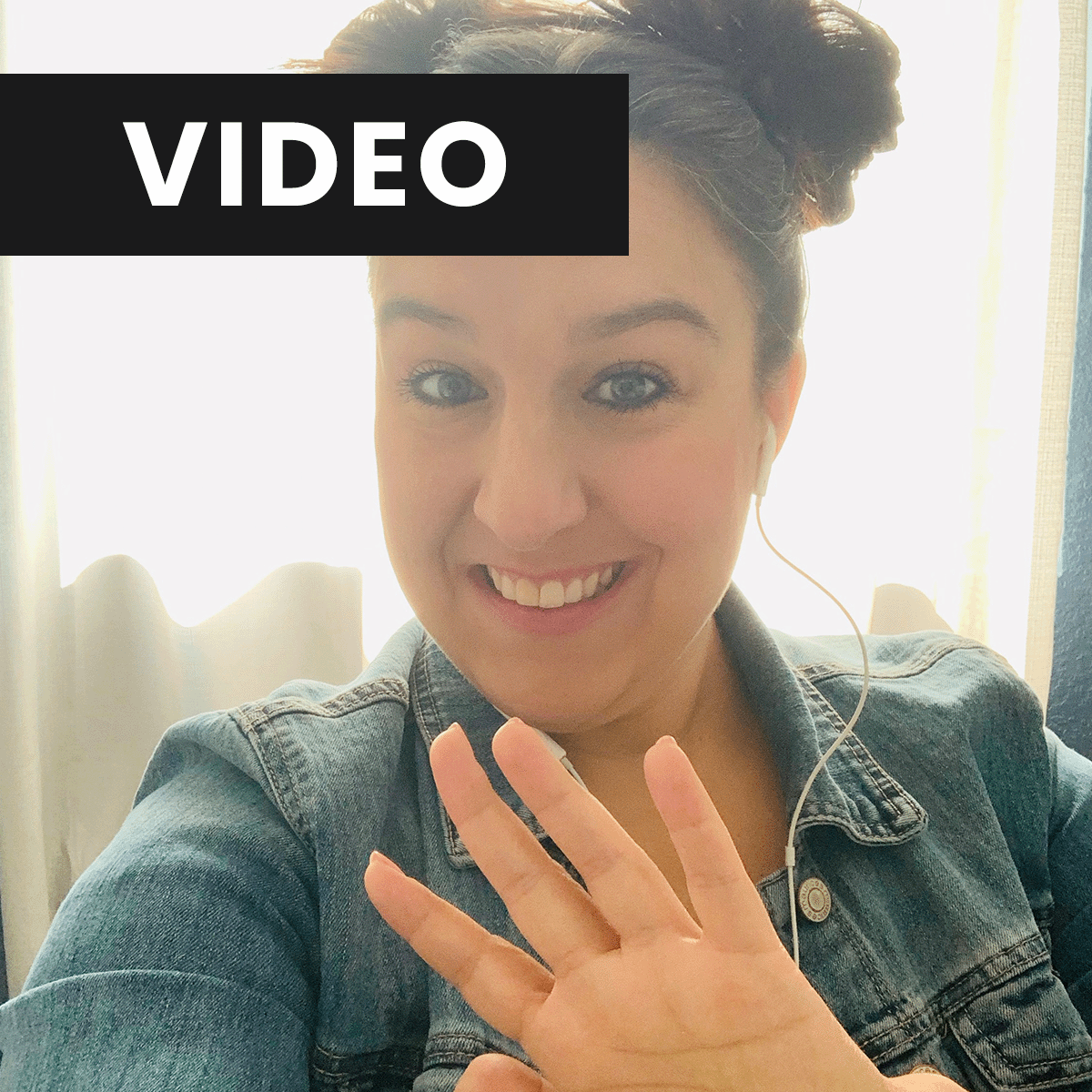Above the LawJanelle Doddbright futures families, assisted reproductive technology, assisted reproduction, ART, infertility, fertility, surrogacy, LGBTQ, surrogate, surrogacy arrangement, reproductive material, gametes, embryo, sperm, egg, intended parents, lawsuit, Above The Law, Above The Law article, Ellen Trachman, egg donor, gamete, attorney, Alabama, Saturday Night Live, social media, memes, Supreme Court of Alabama children, Alabama Wrongful Death of a Minor Act, LePage v. Center for Reproductive Medicine, destroyed, wrongful death, extrauterine unborn children, children, Europe, European, fertility clinic, cryogenic nursery, frozen embryos, negligence, emotional distress, damages, embryonic children, loss of human life, claims, court claim, court case, trial, jury, zone of danger, emotional injury, physical injury, law professor, Dov Fox, judicial system, reproductive negligence, manslaughter, Alabama Supreme Court’s Chief Justice Parker, personhood, IVF, in vitro fertilization, ethics, ethical issues, ethical standards, Australia, New Zealand, law attorney, Sarah Jefford, Australia’s Prohibition on Human Cloning, Australian legislation, Australian law, US Supreme Court, United States Supreme Court, Iron Bowl State, Kate Shaw, podcast, Strict Scrutiny, Constitution’s Establishment Clause, federal, abortion drug, mifepristone, fetal personhood, U.S. Supreme Court Justice, Alabama state legislature, U.S. Donor Conceived Council, USDCC Vice President Tyler Levy Sniff, donate embryo, embryo donation, RESOLVE: The National Infertility Association, Federal Advocacy Day, Access to Family Building Act





















